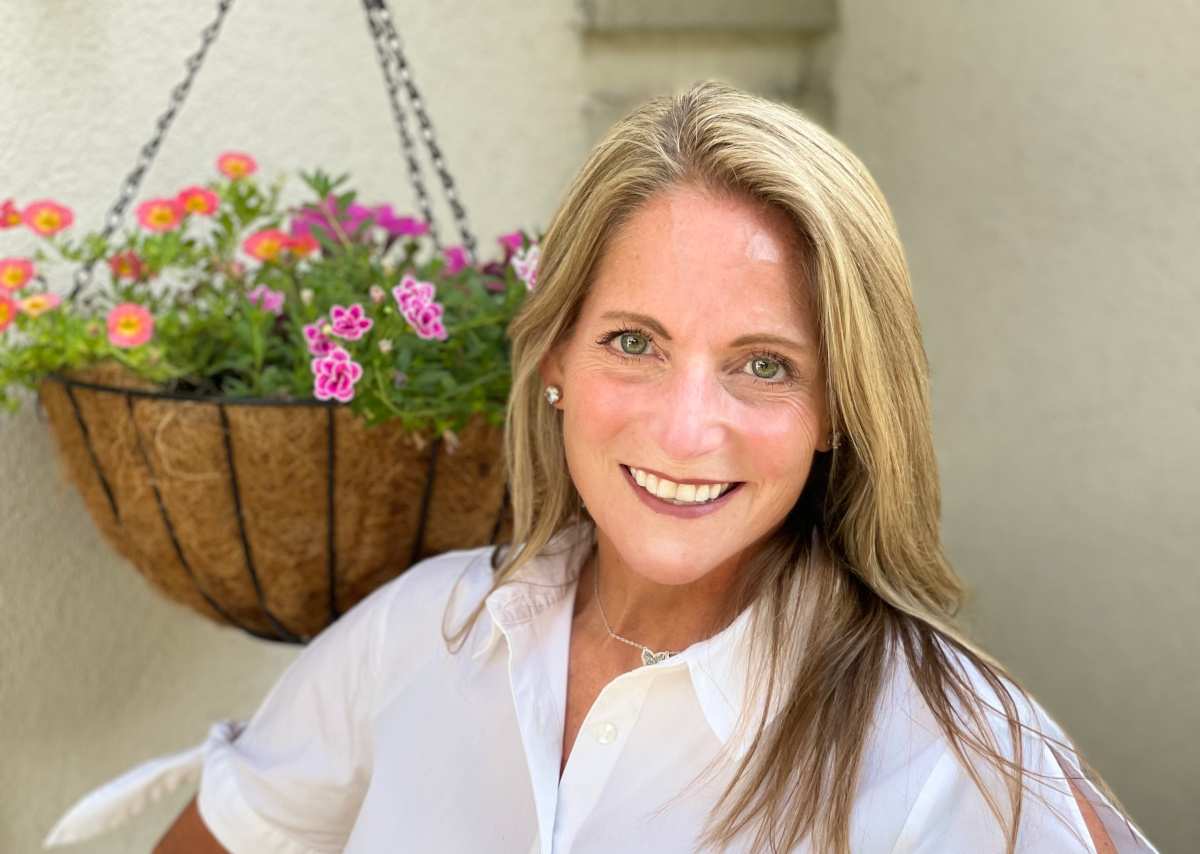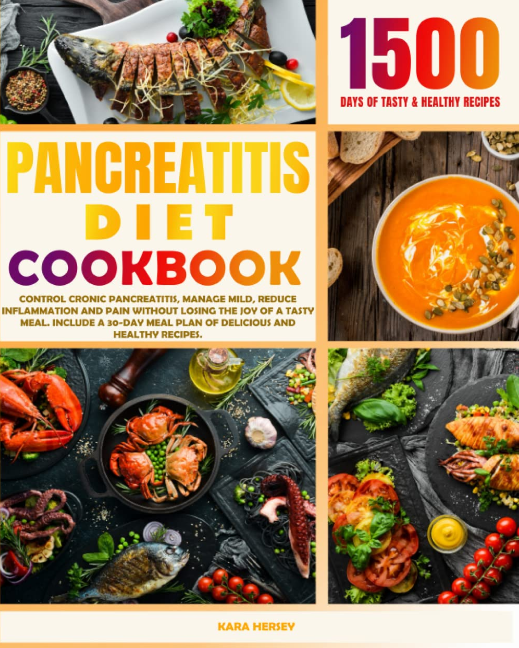
Elise Roth Tedeschi On Advocacy, Blessings And A Viral Letter to Alex Trebek
Contributing Writer: Julia Brabant
June 2021
Elise Roth Tedeschi
Diagnosed: January 5, 2012 At Age 43
Status: No Sign of Active Cancer
Not everyone who battles one of the most brutal and devastating forms of cancer out there would place themselves in the “blessed” category. But then, not everyone who battles Stage 4 pancreatic cancer goes on to surpass their medical team’s expectations by eight years and counting.
Elise Roth Tedeschi falls into both categories, and her story is one of advocacy, perseverance and a positive attitude…with a bit of a Hollywood twist for good measure. Based in Atlanta, Georgia, Elise, a mother of two, received her pancreatic cancer diagnosis at the age of 43 following months of severe back pain.
Seeking answers, she sought treatment from chiropractors, general practitioners, walk-in clinics, emergency rooms and internists with disappointing results. The pain continued, and an MRI revealed a slight bulging disc, which many doctors felt was to blame for it.
None of the medications, epidurals or shots she received to treat the pain proved effective, and things progressed to the point where living day-to-day life became almost impossible.
“I remember an evening when I had to ask my 7-year-old to put my 5-year-old to bed,” she recalled. “I knew that I needed to change internal medicine doctors and figure out what was really going on.”
“My heart just dropped to the floor,” she said. “I had two little boys at home.”
A month of needle and astroscopic biopsies followed. The prospect of an exploratory surgery floated around, but Elise’s sister, Cari, herself a breast cancer survivor, recommended they get another opinion from physicians at Tampa, Florida’s Moffitt Cancer Center, where she had undergone treatment.
“Most people in your situation don’t live nine months,” one of her doctors told her reluctantly when she asked how long she had to live. With little time to waste, she came to an unthinkable realization.
“I didn’t choose to get cancer or go through this but I do get to choose my attitude and if I have just nine months left with my kids and my husband, you better believe we’re going to use them to create some unbelievable memories.”
Since surgery was at that point out of the question, she began the first 12 rounds of a FOLFIRONOX chemotherapy regimen. During that time, she strived to live as normal a life as possible while working her marketing job, spending as much time as possible with her family and sharing the news with friends and colleagues along the way.
“I ended up telling people by email because when telling people on the phone or in person, it felt like I just got diagnosed all over again. By sending an email allowed time for them to digest the news personally and then talk to me. I didn’t mind talking about it at all – I just hated when people felt sorry for me. When you’re in this situation, the last thing you want is a pity party.”
Rather than ask her what they could do for her, her friends and family members just showed up and offered support when she needed it most, whether that meant picking up her boys and taking them out for a fun day or telling her how much she’d impacted them personally.
“When people think you’re dying, they tell you how they really feel and how you have impacted their life,” she said. “It’s such an amazing gift.”
Elise also recalled a pivotal moment when her son’s friend’s father stopped by to pray with her.
“I didn’t really know him and just thought it was amazing that someone would go out of their way to come and pray with us,” she said. “I was never all that religious and felt being Jewish was more about tradition, family and history.”
Yet, her friend’s visit made Elise feel as if God was right by her side, giving her and her husband, Patrick, an amazing sense of peace.
“I knew the statistics, but I started to feel at peace,” she said. “Someone put the right people in front of me.”
Elise knew that her oncologist team at Moffitt was on the right track and stayed the course with six more rounds. “I refuse to have a doctor who believes that no matter what, I would die. I was going to live and I needed my doctor to believe that too,” she said.
After the next six rounds, Elise’s doctors felt she needed a break from the FOLFIRONOX and wanted her to come to Moffitt Cancer Center where she underwent 25 rounds of stereotactical radiation along with a 24/5 chemo pump for five weeks. After completing treatment, Elise had to wait a month to do scans. She shared how that month was really difficult because she felt as though she was not fighting anything.
Two weeks before her scans, a friend of hers who had late-stage melanoma passed away. “Her death put me in such a bad place. Not only was I grieving her death, but I was also grieving my own.” The sheer thought of leaving her kids and husband was horrifying. “I cried non-stop for three days, and the only thing that could take this complete despair away was my faith. I cried and prayed until I fell asleep and when I woke up, I felt incredible peace.”
Two weeks later, Elise went in for scans. It was the first time that she did not have “scanxiety.”
With the Whipple procedure out of the question, doctors opted to perform an Irreversible Electroporation, or IRE, which is equally as invasive.
Now, eight years later, this holds true. In the time since her diagnosis, Elise has become an advocate for others, documenting her journey via social media and even going so far as to pen an open letter to “Jeopardy!” host Alex Trebek, who was also fighting the disease.
Reaching out to some media colleagues from her marketing and PR career, she got in touch with the editor of dailymeal.com, who wanted her to write an open letter that she would publish. It shared her own pancreatic cancer story and offered support to the long-time TV host in the face of what she knew to be a lonely diagnosis.
“I couldn’t believe how far it went and how many people reached out after,” Elise said. She noted that when family members and friends of those facing diagnoses reached out, she offered up ideas as to how they could help. “I always tell people – it can be hard to ask for help. I loved it when people stepped in and just did things.”
She also had some advice for others in the same shoes she found herself in back in 2012. “Have an advocate,” she said, acknowledging the role her sister played in her fight against pancreatic cancer. “And be one for yourself. Ask questions with the curiosity and repetitiveness of a 4-year-old.
And find a doctor willing to fight for you. I can’t tell you how many doctors told me there was no way I would survive!”



